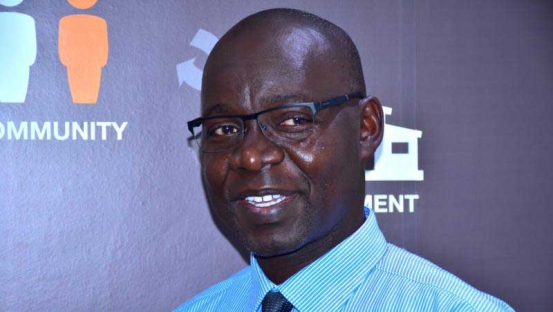×
The Standard e-Paper
Smart Minds Choose Us

Farmers have been urged to look beyond the traditional crops such as maize and beans to better their earnings.
Export Trading Group Country Director Shem Odhiambo says gone are days when farmers would rely on one crop variety as a revenue source. Export Trading Group is a farm inputs supplier multinational.